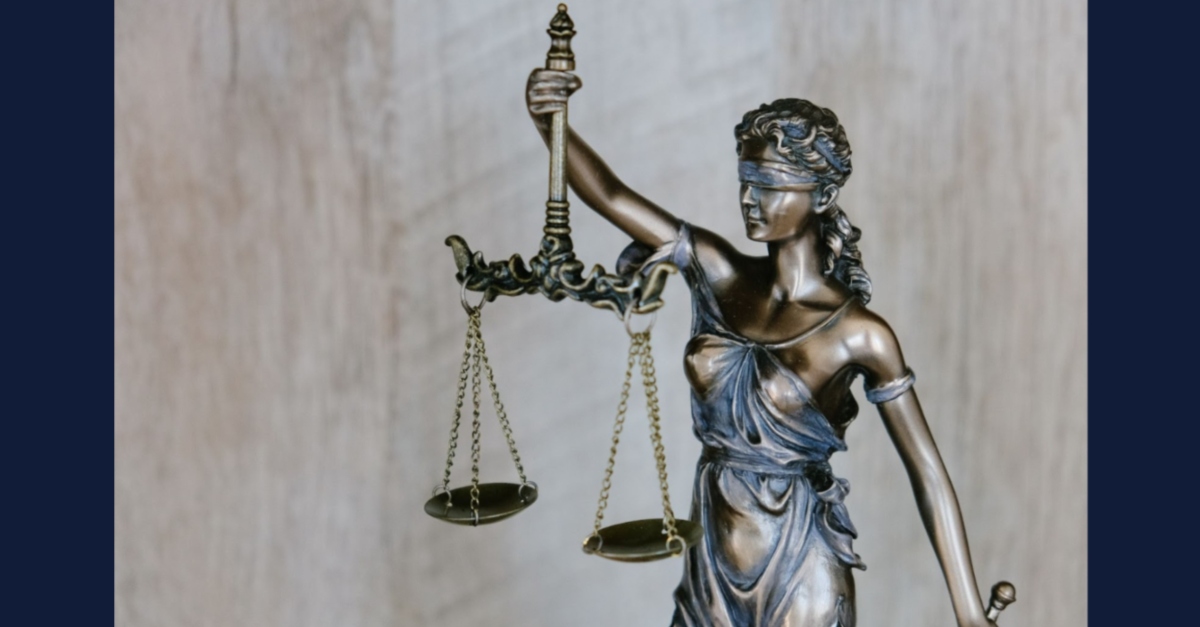
Sponsored content
The legal system implemented several measures to restrict the spread of COVID-19. As several of these measures began to roll back, it may be worth examining how the system improved under quarantine.
“There are several measures that police, prosecutors, and the courts have taken that have been a major benefit to society,” says criminal defense attorney Thomas Addair.
So how can social distancing measures lead to a better legal system? Here are five ways the legal system has improved during COVID-19.
Fewer Traffic Stops
Towards the pandemic’s beginning, the International Association of Chiefs of Police (IACP) recommended limiting the number of traffic stops for non-critical concerns to stop the spread of COVID-19. Several states implemented these measures: Texas saw a 35 percent decrease in traffic stops, while Connecticut Police gave out 34 percent fewer traffic tickets.
How has this helped the legal system? By reducing the effect of discriminatory police officers. Often, when police pull a car over for a minor crime, they try to find a higher-level crime. This, combined with the fact that people of color are more likely to be stopped, means that more people who did nothing wrong end up in the legal system on trumped-up charges. By reducing the number of traffic stops, police did not have the opportunity for their prejudice to impact their job.
Reduced Reliance on Cash Bail and Pretrial Detention
Half a million Americans are held in pretrial jail because they cannot afford their bail. Because of the economic crisis caused by the pandemic, California reduced bail to $0 for low-level crime offenders. This led to a significant drop in jail populations, which helped reduce the spread of COVID-19 among prisoners. This emergency measure was removed in June of 2020, but 31 California counties have voted to keep the measure.
Why? Because pretrial does not mean you have been convicted, you are waiting to go to trial. Many people admit guilt to get out instead of staying in jail to go to trial. Poor people may lose their jobs, rental, children, or educational access if they are not there the next day, and pleading guilty even when you are innocent may mean you can keep your shelter and source of income.
Not only that but holding someone in jail for their pretrial can lead to future bad behavior. Spending just a few days in prison majorly increases the chances that a person will be arrested again in the future, even if they were guilty of the initial crime.
Removing the pretrial jail system allows people to continue living, working, and supporting their communities without fear that their safety net will be pulled from beneath them because they do not have an extra $1,000 lying around.
Not Charging Low-Level Offenses
In some areas of the United States, prosecutors refused to charge low-level offenses like drug possession, prostitution, and trespassing to help free up the courts for more critical cases. Brooklyn’s district attorney’s office suspended all prosecution for nonviolent offenses, including driving without a license and shoplifting. Though these measures are currently being rolled back, they took a lot of stress off the courts and helped the community.
Declining prosecution for low-level misdemeanors like shoplifting and disorderly conduct reduces the defendant’s likelihood of reoffending. It reduces the harm that the legal system inflicts against people of color, the poor, the mentally ill, and drug addicts. Several of these impacted communities are disproportionately incarcerated because of several prejudices, and eliminating petty crimes from the courtroom promotes public safety in the long run.
Clearing Outstanding Court Fines and Fees
The criminal system profits from the poorest people in our country, and clearing outstanding court fines and fees reduces the state’s control over a poor person’s budget. A 2018 study in Alabama found that 80 percent of people gave up essentials like food, rent, and medical bills to pay their court debt. If you cannot pay your fee, you can incur further charges, lose your driver’s license, or go to jail, which can be devastating for someone who needs to be there tomorrow to keep their job or bed at the homeless shelter.
Several states cleared debts to the court system so resources would not be spent chasing people who cannot afford the fine. Maine vacated all of its 12,420 outstanding warrants for unpaid fines and fees. Dane County, Wisconsin, cleared its $149,828 debt for previously incarcerated people. Some states lowered the punishment for not paying court fines, such as Oregon, which refused to suspend driver’s licenses for unpaid debts.
Not only did these measures help the poor, but they saved money. Resources could be allocated to cases of higher needs which saved time and money for police departments and bounty hunters.
Small-Crime Criminals Returning Home
To further reduce prison capacity and curb the rapid spread of COVID-19, some districts released some of their prisoners arrested for minor, nonviolent crimes. Kendrick Fulton was on his 17th year out of his 28-year prison sentence for selling crack cocaine, and he was allowed to return home because of the pandemic. Since he was released, he was able to get a knee surgery that he needed for years and even got a job working as a wholesale auto glass distributor. Now he can be a community member instead of sitting behind bars for a low-level drug offense.
Some prisons are beginning to refill as the previous measures discussed are rolled back. Jail populations increased to 13 percent between mid-2020 and the spring of 2021. Still, it is worth examining the high prison population in the United States and cases like Kendrick Fulton and deciding for ourselves that giving offenders a second chance can pay dividends.
[Image via Pexels]